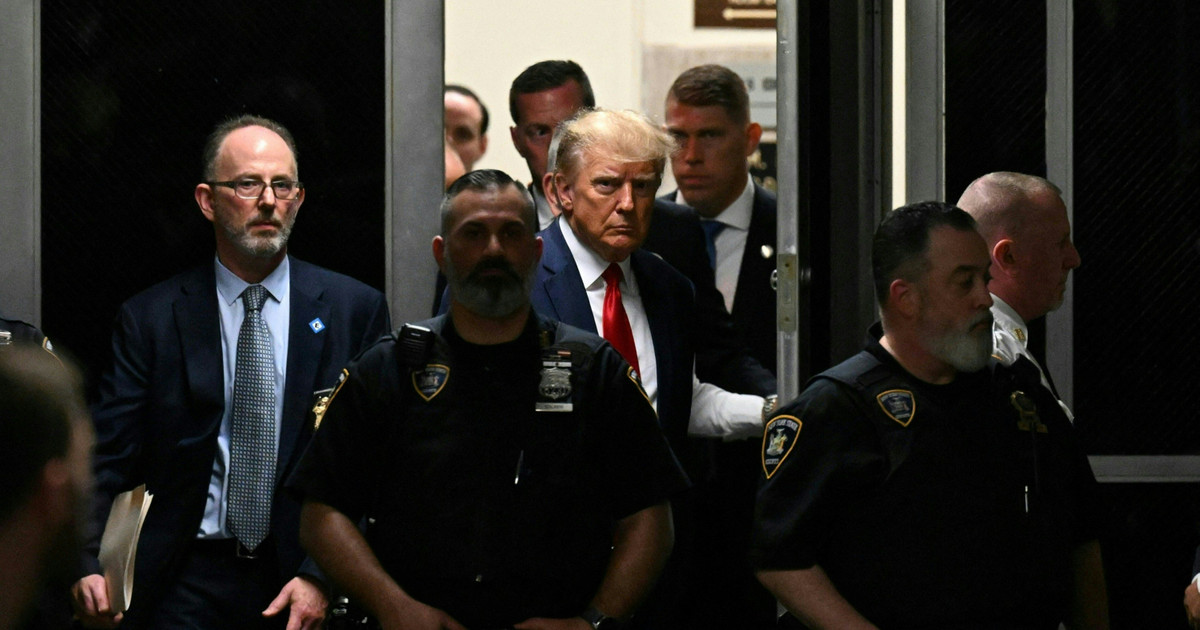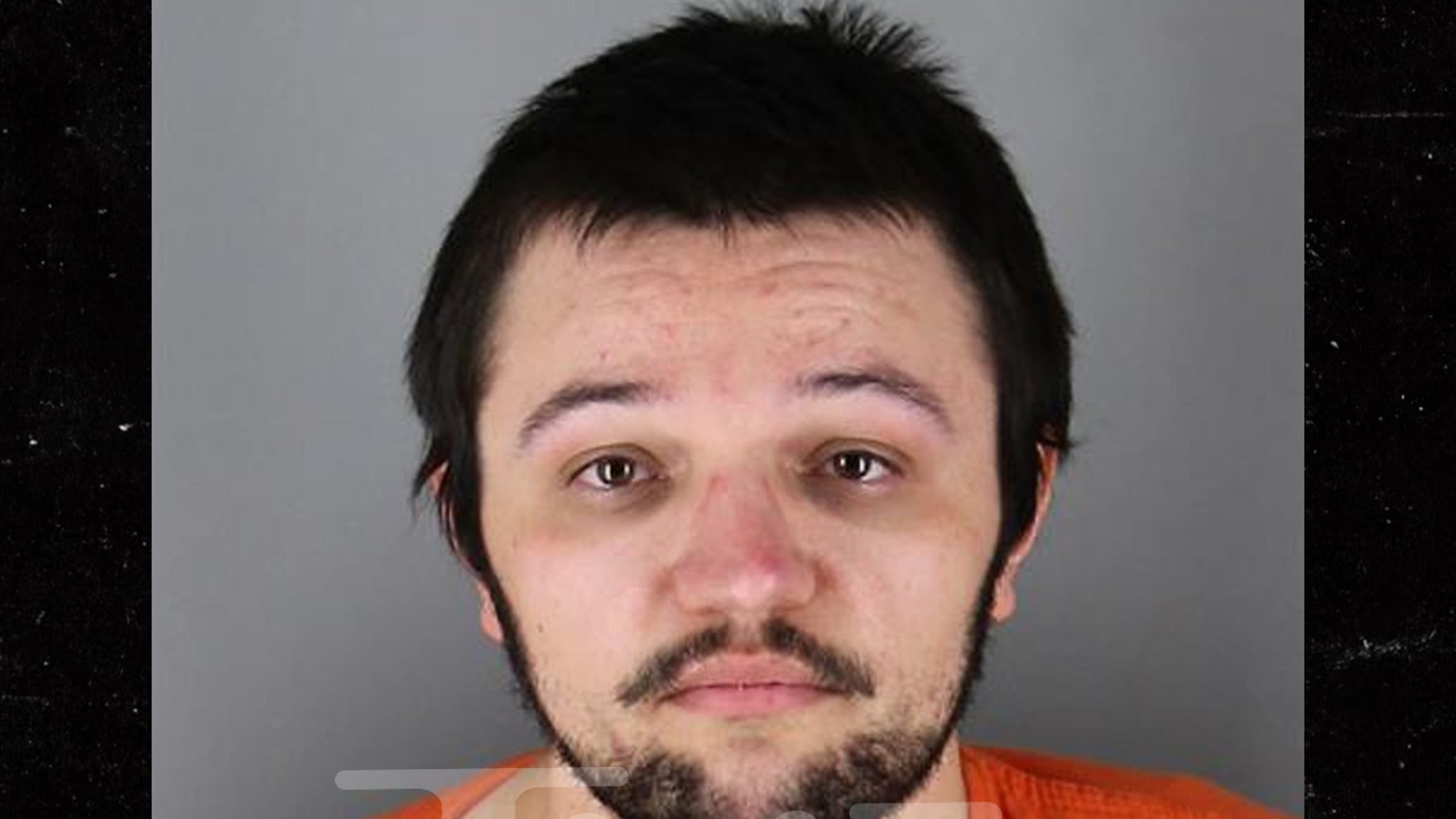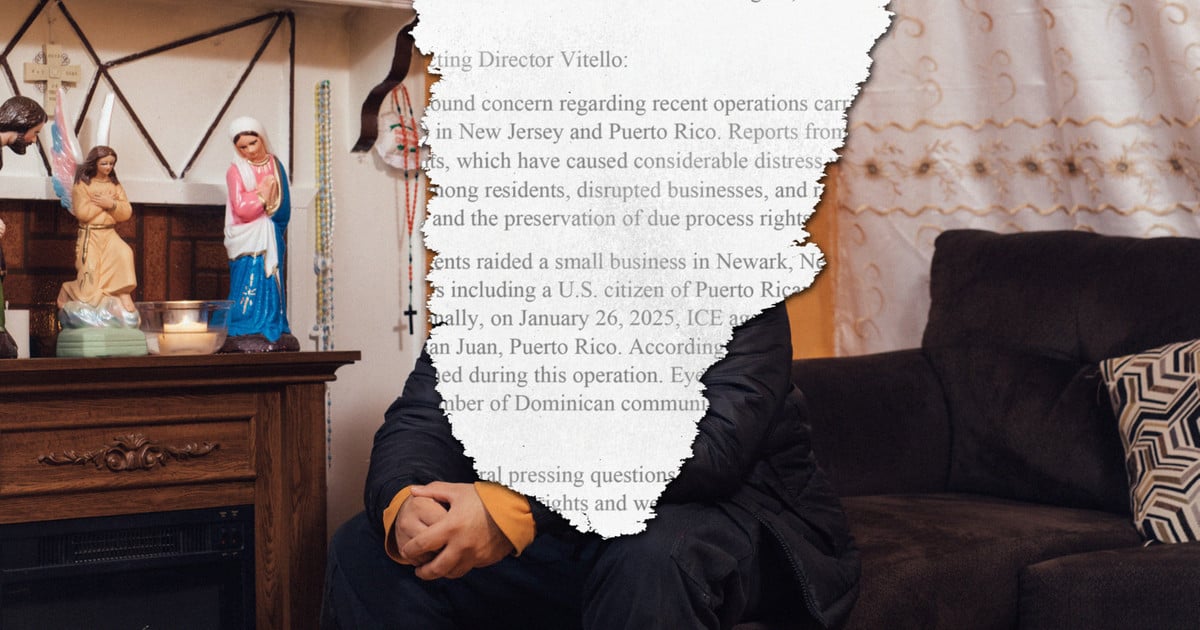Now Reading: Trump’s DOJ Has Frozen Police Reform Work. Advocates Fear More Abuse in Departments Across the Country.
-
01
Trump’s DOJ Has Frozen Police Reform Work. Advocates Fear More Abuse in Departments Across the Country.
Trump’s DOJ Has Frozen Police Reform Work. Advocates Fear More Abuse in Departments Across the Country.

ProPublica, a non-profit news organization that investigates abuses of power, offers the opportunity to receive their major stories promptly upon publication.
In January, it was revealed that the Trump Justice Department had halted significant work on civil rights litigation, including cases related to police reform. This move drew attention to Minneapolis and Louisville, Kentucky, as both cities were close to entering court-ordered agreements to revamp their police departments following high-profile incidents of police violence. However, the impact of this decision extends beyond these two cities, affecting police reform efforts in at least eight other communities nationwide, according to a review by ProPublica.
These communities, from Phoenix to Trenton, New Jersey, were the subject of federal investigations that uncovered various issues such as unjustified killings, excessive force, racial discrimination, and other unlawful practices within their police departments. Typically, such findings lead to federal oversight and court-mandated reforms through consent decrees. These agreements have proven successful in reducing the use of force and improving police responses to behavioral health issues in the past.
Under President Donald Trump, the Justice Department directed civil rights attorneys to pause their work on such cases, leaving the responsibility of reform efforts to local authorities. This shift has raised concerns among experts, who fear that communities with a history of police misconduct may struggle to address these issues effectively without federal intervention.
The impact of the Justice Department’s actions can be seen in various cities across the country, such as Lexington, Mississippi, and Mount Vernon, New York, where federal investigations revealed systemic issues within local police departments. While some cities have begun taking steps to address the problems identified in the reports, the long-term effectiveness of these efforts remains uncertain.
Overall, the shift in federal policy on police reform has created a challenging landscape for communities grappling with police misconduct issues, highlighting the importance of continued oversight and accountability in law enforcement.






